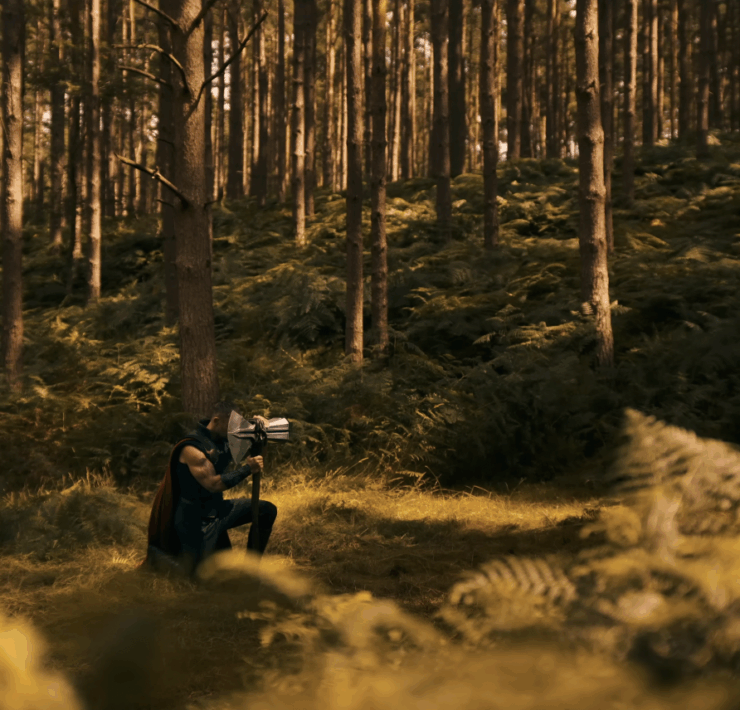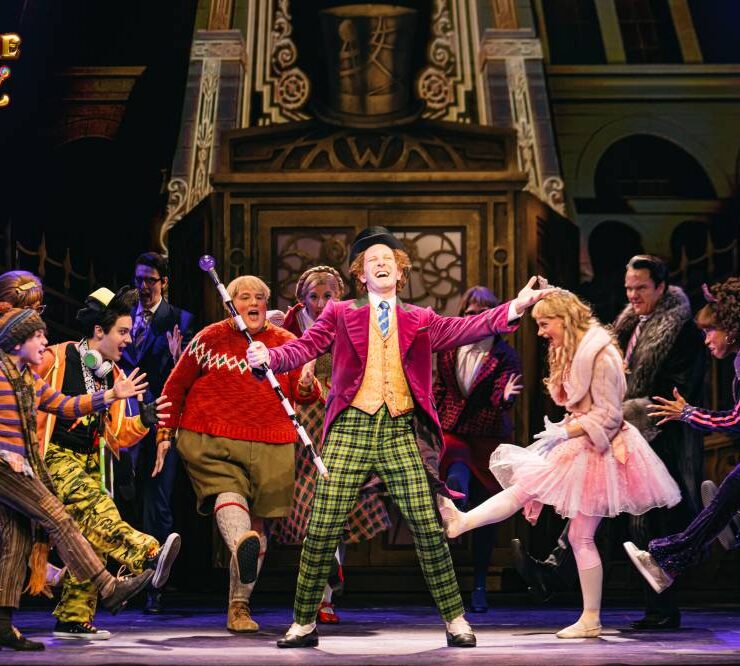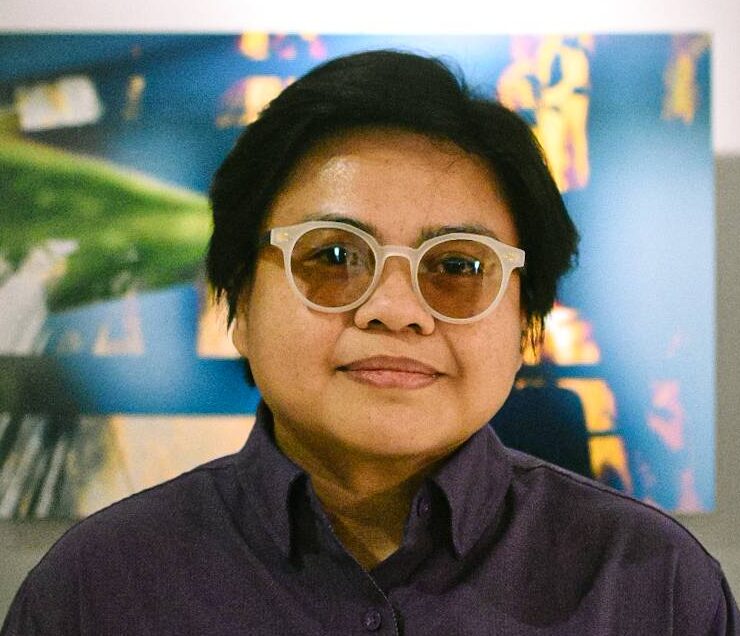Lav Diaz aims to spark debate at Cannes with ‘Magellan’
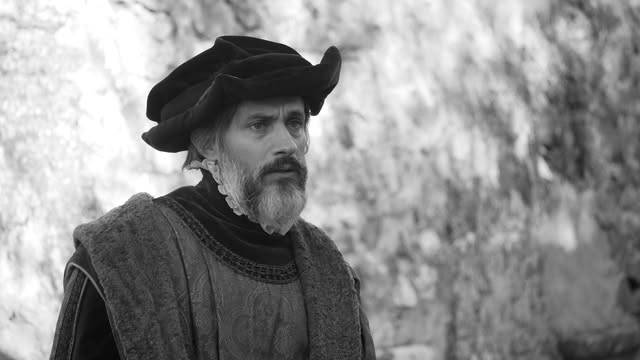
“Lapu-Lapu is a myth.”
That’s the bold claim made by multiawarded independent filmmaker Lav Diaz in his latest work, “Magellan”—a film set to premiere at the prestigious Cannes Film Festival this May.
In a recent conversation with Lifestyle, Diaz was asked which part of Portuguese explorer Ferdinand Magellan’s story he chose to focus on, considering the many films already made about the famed navigator best known for leading the 1500s Spanish expedition to the East Indies.
Diaz’s response was a mic-drop moment: “I did painstaking research and investigation on the subject for seven years. So, this film is nearer the truth. Lapu-Lapu is a myth.”
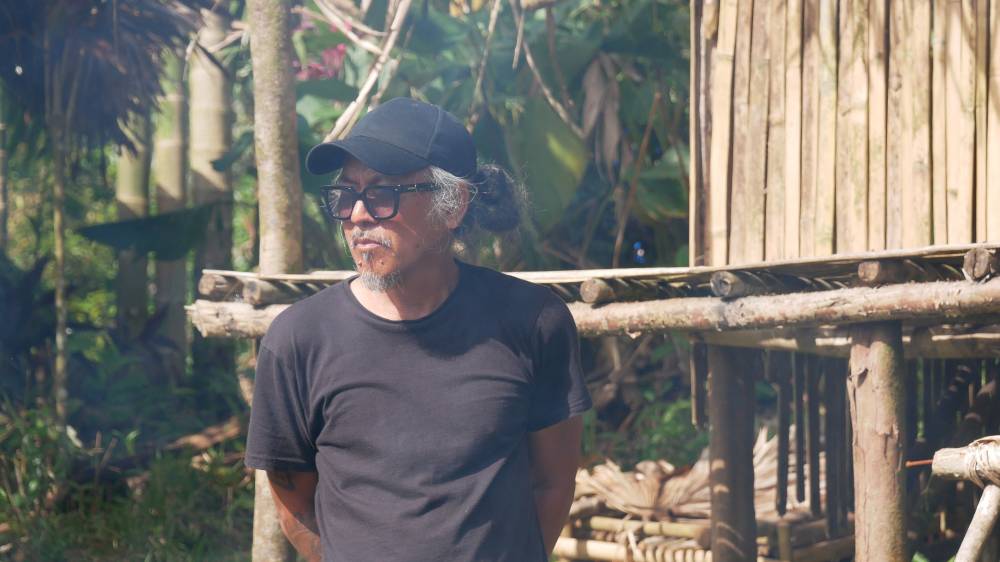
He elaborated: “Nobody ever saw Lapu-Lapu. He was actually created by Rajah Humabon, the King of Cebu, in an attempt to drive away Magellan, who at that time had already converted almost all of Cebu to Christianity. Humabon invented Lapu-Lapu because he didn’t want his people to convert. It was all part of the plan.”
While Diaz shared more revelations during the interview, we’ll leave those for the film to unfold. “I worked on this for seven years. I kept returning to Europe because of this. I want this idea to spark discourse. I think it’s good for us to dig deep into this part of our history as Filipinos.”
Asked what the 2.5-hour film is really about, Diaz simply said, “It’s a journey into the unknown. A big part of our story. A journey into madness is also a big part of it. Understanding humanity is very much a part of the film.”
Playing Magellan is celebrated Mexican actor Gael García Bernal.
A mirror
For Diaz, “Magellan” isn’t just historical fiction—it’s a mirror. “The ‘Magellan’ story is so connected to our own. The colonized Malay, who would later be called Filipino, is rooted in this story. Let’s examine our past.”
Magellan is widely credited for leading the first circumnavigation of the globe. In 1521, he reached the islands that would later become the Philippines. He supposedly allied with Rajah Humabon and began converting locals to Christianity. But his attempt to further expand influence was cut short—violently—when he was killed during the Battle of Mactan.
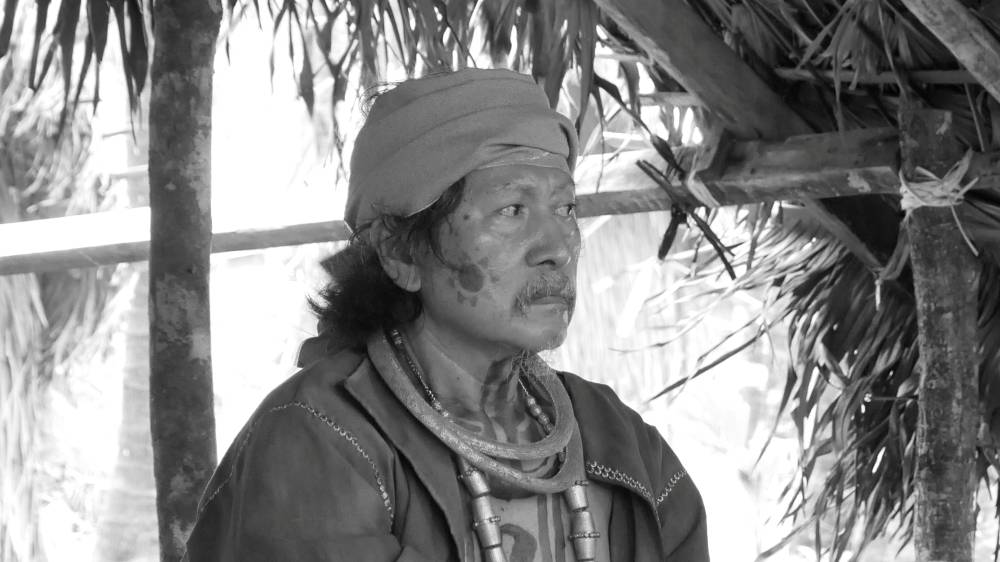
According to popular lore, Lapu-Lapu, the chieftain of Mactan, rejected Spanish rule and faced Magellan head-on. He’s long been hailed as the first Filipino hero—a symbol of resistance against colonizers. Statues have been built in his honor, and schoolbooks tell his tale. But what if the story we’ve grown up with is more fiction than fact? Lav Diaz is asking exactly that.
Though “Magellan” won’t be competing in Cannes’ main competition, it’s featured in the Cannes Premiere section—a showcase for the works of established filmmakers. “How do I feel about that?” Diaz mused. “It’s good to revisit the French Riviera and meet up with the Filipino community there. So many Filipinos are working far from their families. Having conversations with them, reconnecting—it energizes my Filipino Malay soul.
“The area is very bourgeois—so hedonistic, detached,” he added. “But to see and converse with our working people there is powerful. It nourishes my being, my soul. Witnessing our struggle is always a reminder.”
The film’s cast includes Dario Bernal (Gael’s brother) as Magellan’s brother-in-law Duarte Barbosa, Amado Arjay Babon as the slave-interpreter Enrique, Ronnie Lazaro as Rajah Humabon, Mario Huerta Castro as chronicler Antonio Pigafetta, Hazel Orencio as Reyna Juana, Sasa Cabalquinto as the Babaylan, and Rafa Siguion-Reyna as Nuno.
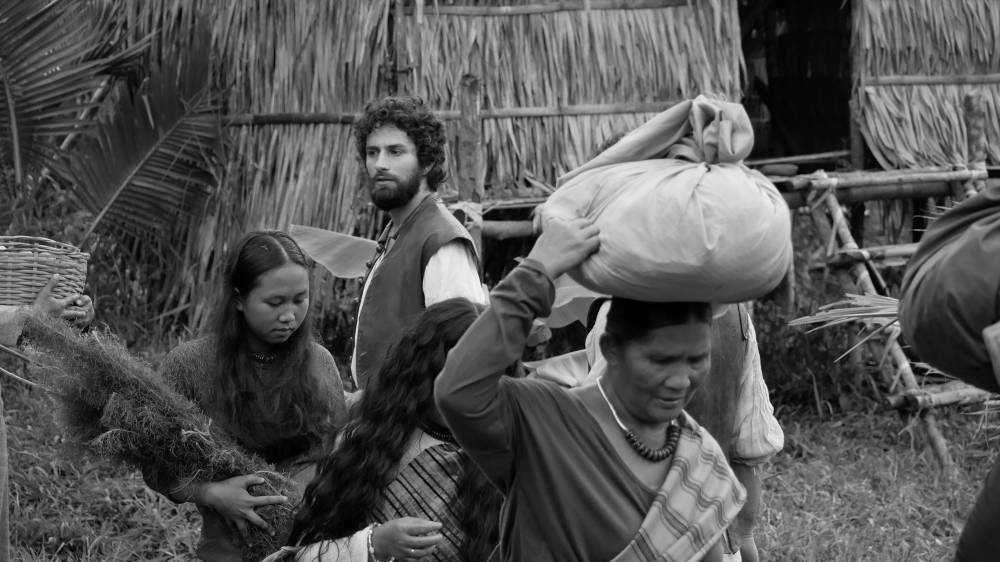
Masterclass
Incidentally, a nine-hour version of “Magellan” will be screened at a different festival, said actress Orencio, who is also part of the film’s production team.
If his schedule allows, Babon hopes to join Diaz in Cannes. He’s worked with the director on several projects and described their time together as nothing short of a cinematic boot camp. “Being able to dine and converse with him every day in our Airbnbs in Portugal and Spain was like a daily masterclass on cinema, humanities, and cultural work,” he said. “And getting to try his chicken adobo and monggo was a bonus.”
Babon emphasized the importance of bringing this story to Cannes. “We cannot alter the past—the cruelty of colonization, never. But cinema can be an avenue for reconciliation and education. That’s something the industry should take away from this project.”
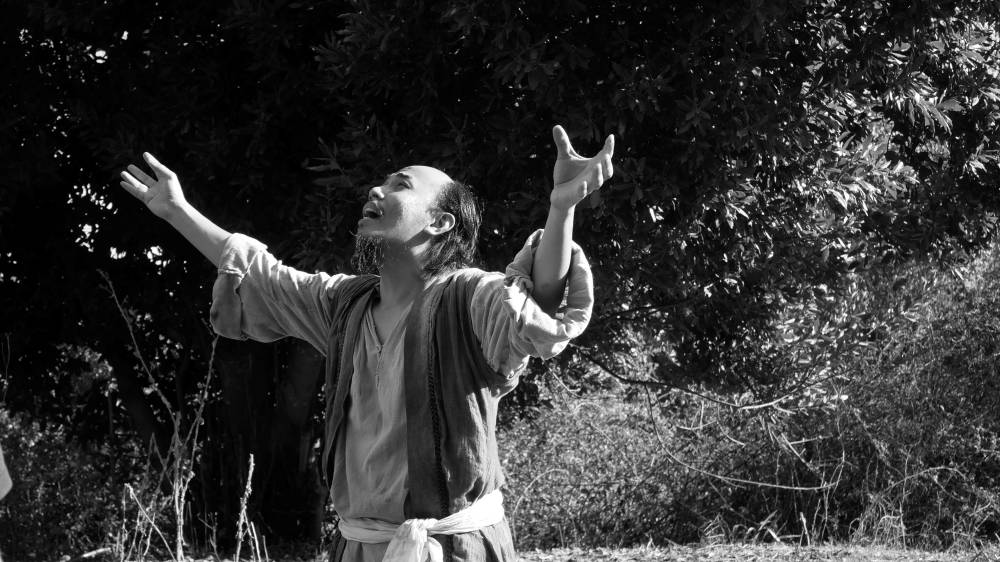
He added, “With all the human-induced problems this planet is facing, let our art speak—and benefit humanity, not just a few.”
Playing Enrique also gave Babon profound insight. “I learned that suffering isn’t only in the present—it flows from the past. And it will overflow into the future if we don’t free ourselves from greed, cruelty, and apathy.”
So what message does he hope audiences take away? “It’s not only the artists who should carry the cross of indie filmmaking. We need you—our audience—to struggle, too.”
So, is Diaz rewriting history—or offering a new lens through which to view it? “Magellan” isn’t just a film; it’s an invitation to question what we’ve been taught. Whether we agree with him or not, Diaz’s claim that Lapu-Lapu is a myth is sure to spark debate. When the film premieres at Cannes, that conversation will be impossible to ignore.
The 2025 Cannes Film Festival runs from May 13 to May 24.
















